
Sharks are among Earth’s most ancient creatures, roaming the oceans for over 400 million years. They embody resilience, having survived multiple mass extinctions. These remarkable predators evolved extraordinary adaptations that ensure their dominance in marine ecosystems. From razor-sharp teeth to exceptional sensory systems, sharks are evolutionary marvels. Join us as we explore how these fascinating creatures have stood the test of time, remaining at the top of the aquatic food chain for millions of years.
Ancient Origins: Older Than Dinosaurs
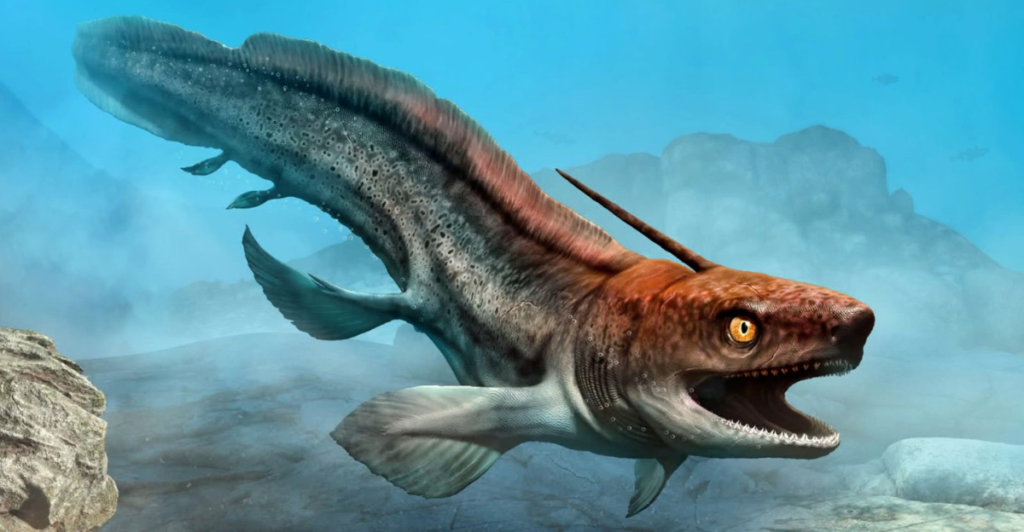
Sharks predate dinosaurs by over 200 million years, appearing during the Devonian period. Early sharks, known as Cladoselache, were smaller and had primitive features compared to modern species. Despite this, their basic body plan remains unchanged, a testament to its efficiency. Fossil evidence reveals their evolutionary journey, showcasing how sharks adapted to survive drastic environmental changes long before other iconic creatures emerged on the evolutionary stage.
Super Senses: Built for Hunting
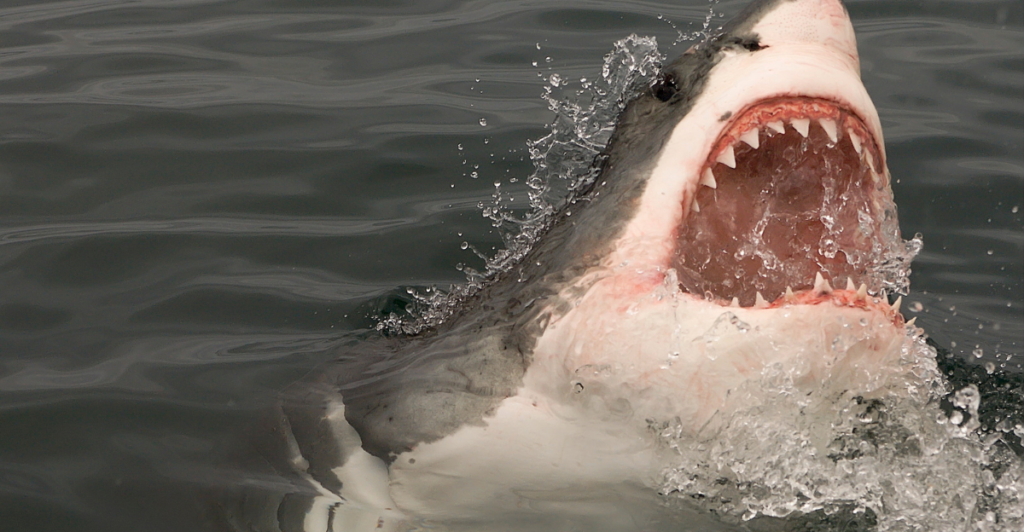
Sharks possess heightened senses that make them apex predators. Their lateral line detects water vibrations, while ampullae of Lorenzini sense electric fields from prey. These adaptations, combined with sharp vision and an acute sense of smell, allow them to locate prey even in murky waters. This sensory arsenal provides sharks with an unparalleled ability to navigate and hunt, ensuring their survival in diverse marine environments across the globe.
Streamlined Design: Masters of Efficiency
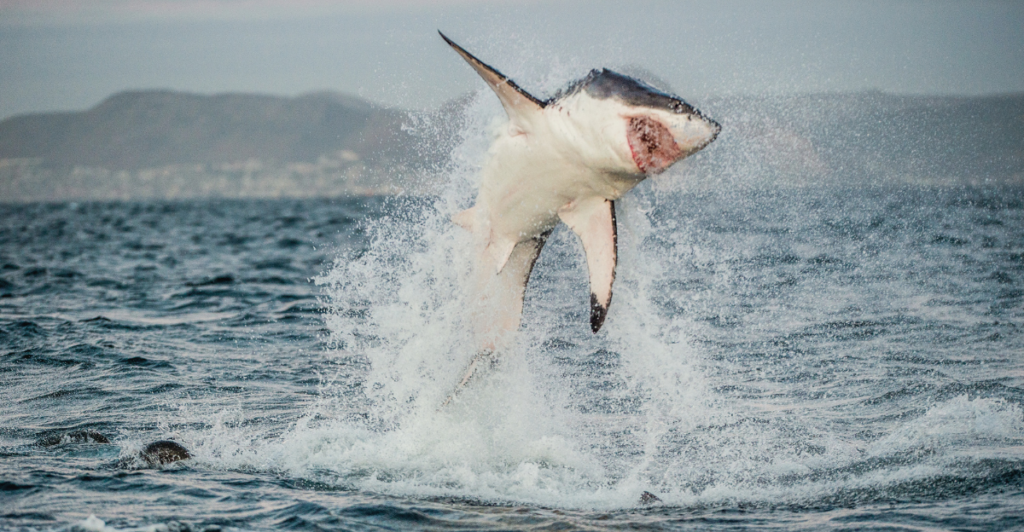
Sharks are hydrodynamic masterpieces. Their sleek, torpedo-shaped bodies minimize water resistance, allowing swift and energy-efficient movement. Specialized dermal denticles, or skin teeth, reduce drag and enhance speed. Coupled with powerful tails and flexible fins, sharks can swiftly outmaneuver predators and catch prey. This evolutionary engineering has helped them thrive in oceans for millions of years, adapting effortlessly to various aquatic environments.
Teeth That Tell a Story
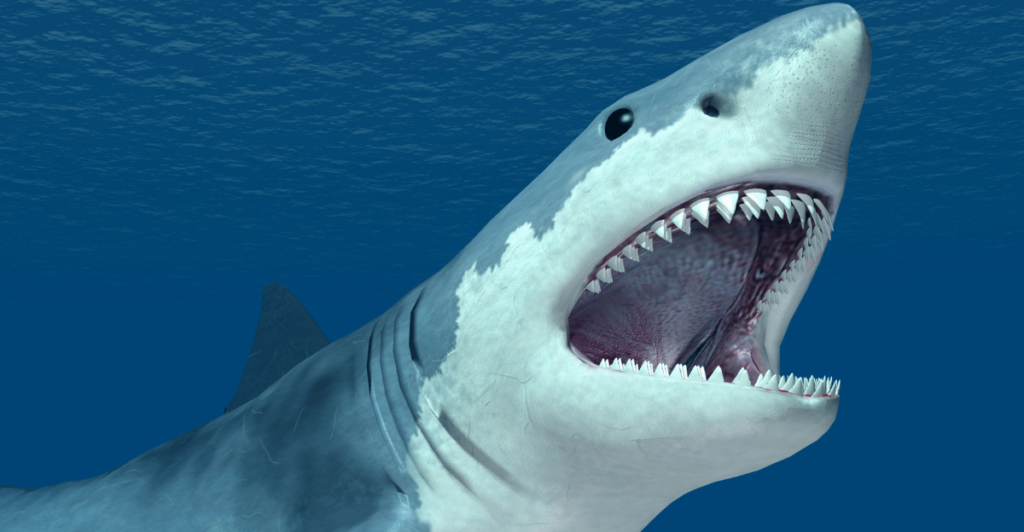
Sharks have rows of replaceable teeth that continuously regenerate throughout their lives. Some species can lose thousands of teeth annually. These razor-sharp tools vary in shape and size depending on the shark’s diet, from serrated edges for cutting to pointed tips for gripping. Fossilized shark teeth, often millions of years old, offer valuable insights into prehistoric marine ecosystems, underscoring the evolutionary success of these apex predators.
Diversified Diets for Survival
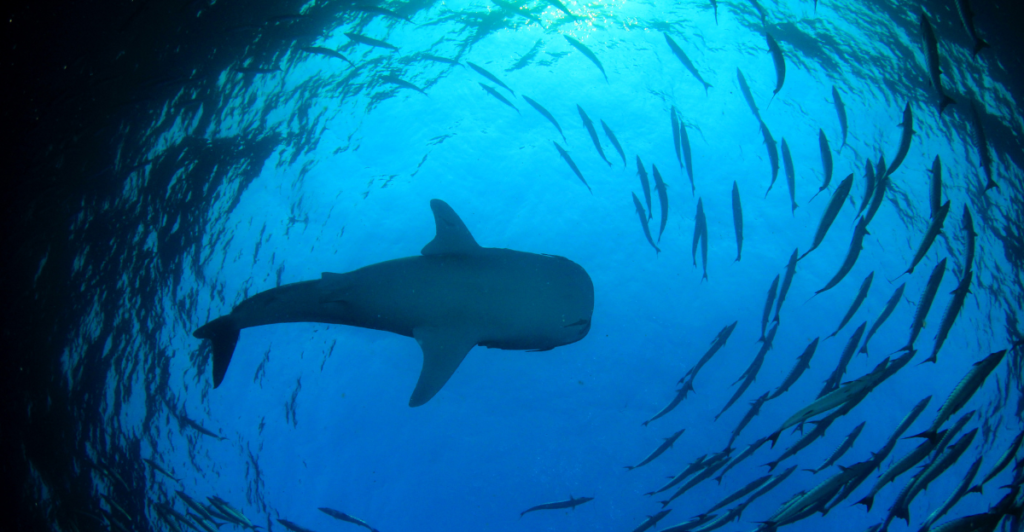
Sharks are opportunistic feeders with diverse diets, ranging from plankton to large marine mammals. Species like the whale shark filter-feed on microscopic organisms, while great whites hunt seals and fish. This adaptability in feeding strategies allows sharks to inhabit various ecological niches, reducing competition and ensuring survival in changing environments. Their dietary flexibility has been critical to their evolutionary success and resilience.
Reproductive Strategies: Quality Over Quantity
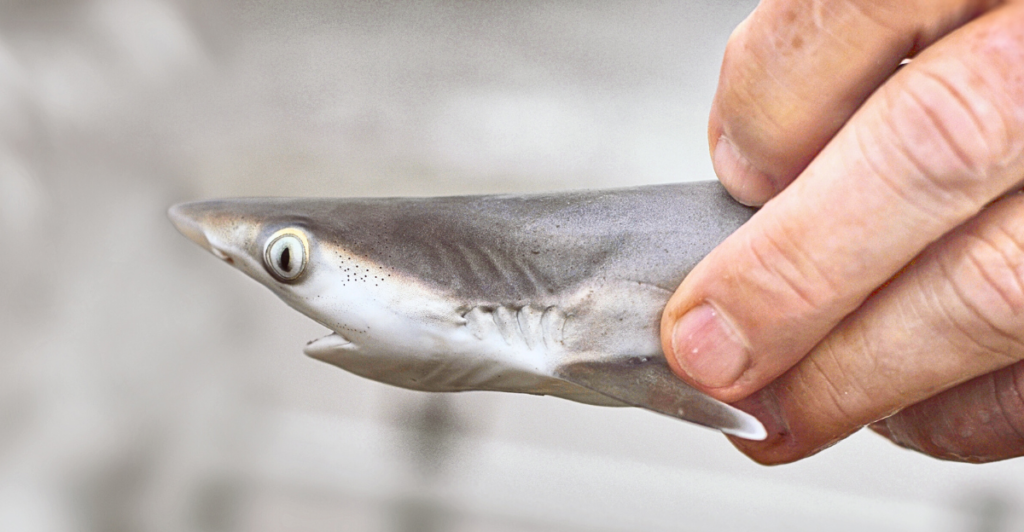
Unlike many fish, sharks invest in fewer offspring, ensuring higher survival rates. They employ different reproductive methods: some lay eggs (oviparous), while others give live birth (viviparous). Certain species even nourish embryos through a placenta-like structure. Focusing on nurturing offspring rather than producing large quantities ensures more muscular, more capable young. These unique reproductive strategies contribute significantly to the sharks’ enduring presence in the oceans.
Adapting to Mass Extinctions
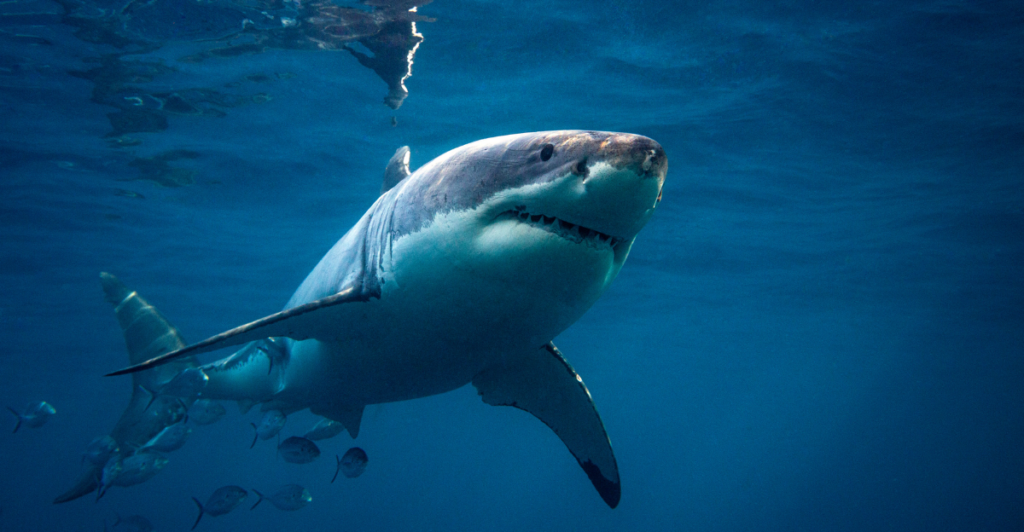
Sharks have survived five mass extinction events that wiped out many species. Their adaptability allowed them to thrive amidst changing climates and ecosystems. For instance, sharks diversified and occupied new ecological niches after the Cretaceous-Paleogene extinction, which ended the dinosaurs. Their ability to adapt to oceanic shifts and resilience in global catastrophes highlights their evolutionary brilliance.
Guardians of the Ocean

As apex predators, sharks maintain the balance of marine ecosystems. They regulate prey populations, preventing overgrazing and promoting biodiversity. Sharks indirectly support smaller marine organisms by influencing the health of coral reefs and seagrass beds. Their critical ecological role underscores the importance of their survival, not only for themselves but for the overall health of our oceans.
Threats They Face Today
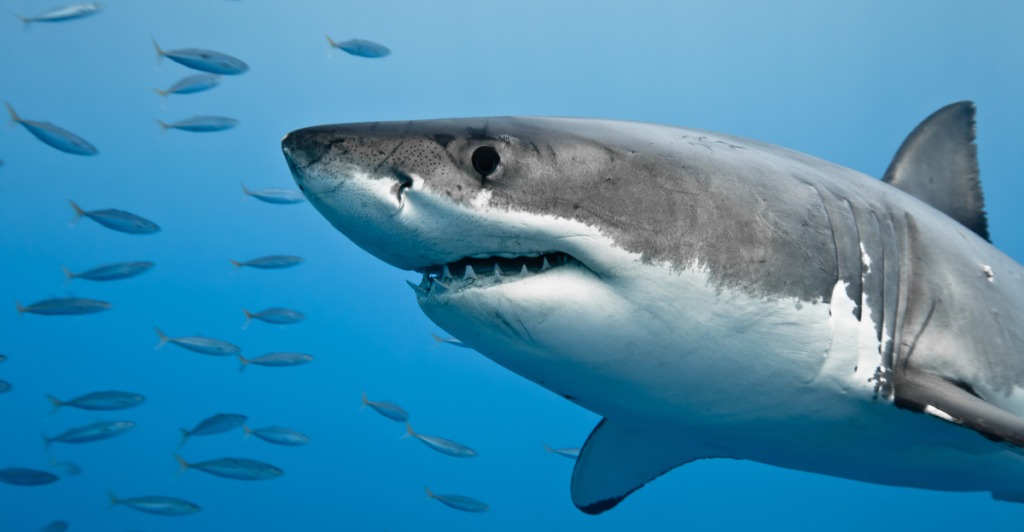
Despite their resilience, sharks face significant threats from human activities. Overfishing, habitat destruction, and bycatch in fishing nets have drastically reduced shark populations. Additionally, the demand for shark fins has led to unsustainable practices. Conservation efforts are crucial to protect these vital creatures, ensuring they continue their essential role in marine ecosystems and maintain their legacy as Earth’s ultimate survivors.
Cultural Significance of Sharks

Sharks have inspired awe and fear in cultures worldwide. Sharks hold a unique place in human imagination, from Hawaiian mythology, where they are revered as protectors, to Hollywood blockbusters that amplify their mystique. They symbolize power, survival, and the unknown. By understanding and appreciating their role in nature, we can move beyond fear and focus on conserving these magnificent creatures for future generations.
Modern Research: Unlocking Mysteries

Advances in marine biology are uncovering fascinating details about sharks. Tracking technologies reveal migration patterns, while genetic studies explore their immunity to diseases, including cancer. These insights deepen our understanding of sharks and potentially benefit human medicine. Continued research is vital for learning how to protect sharks and the ecosystems they sustain, ensuring a harmonious coexistence.
Nature’s Timeless Guardians

Sharks are living reminders of Earth’s dynamic history, embodying strength and adaptability. Their unparalleled evolutionary journey is a testament to nature’s ingenuity. Protecting these ancient creatures preserves a vital part of marine ecosystems and a connection to our planet’s past. Sharks’ survival story inspires us to respect the delicate balance of life in our oceans, ensuring their presence for millions of years.
Stay connected with us for more stories like this! Follow us to get the latest updates or hit the Follow button at the top of this article, and let us know what you think by leaving your feedback below. We’d love to hear from you!







